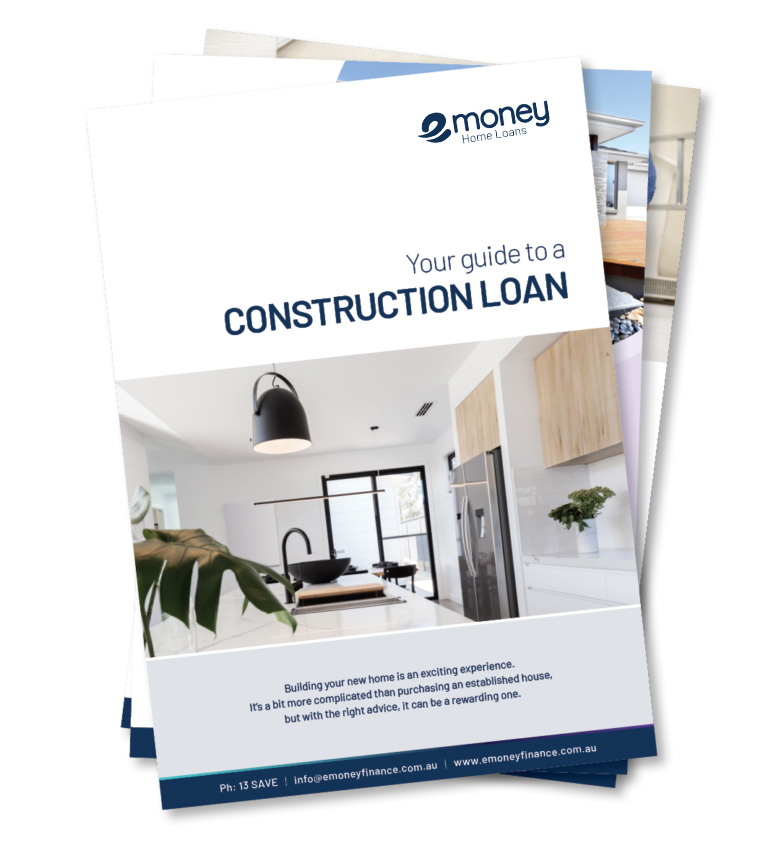
Buying a home is a dream for many Australians, and securing a home loan is a significant step towards achieving that dream. However, once you’re locked into a home loan, the idea of carrying debt for decades can be daunting. Fortunately, there are strategies that can help you pay off your home loan sooner, saving you thousands of dollars in interest and providing greater financial freedom. As the leading home loan lender in Australia, with over 26 years of experience, emoney Home Loans is here to guide you through the process of paying off your home loan faster.
Step 1: Start with a Strong Budget
The first step towards paying off your home loan sooner is to establish a comprehensive budget. Assess your income and expenses to identify areas where you can cut back on non-essential spending. Channel these savings towards your home loan repayment. Having a clear understanding of your finances will enable you to create a realistic plan for accelerated loan repayment.
Step 2: Make Extra Repayments
One of the most effective ways to pay off your home loan faster is by making extra repayments whenever possible. Even modest additional payments can make a significant difference in the long run. Consider making fortnightly or bi-weekly payments instead of monthly ones. This way, you’ll make one extra month’s worth of repayments each year, reducing the principal balance faster.
Step 3: Utilize Windfalls and Bonuses
Any unexpected windfalls, such as tax refunds or work bonuses, can be put towards your home loan. It’s tempting to use these funds for vacations or splurges, but putting them into your home loan will provide greater long-term benefits. Every dollar you contribute above your regular repayments will save you on interest and shorten the life of your loan.
Step 4: Refinance for Better Interest Rates
Keep a close eye on interest rate trends, and if you notice that rates have dropped significantly since you took out your home loan, consider refinancing. Refinancing your home loan can lead to substantial savings in interest costs over the life of the loan. emoney Home Loans, with its strong partnerships with powerful banks and lenders, can help you explore better refinancing options.
Step 5: Consolidate Debts
If you have other debts with higher interest rates, such as credit cards or personal loans, consider consolidating them into your home loan. Home loan interest rates are generally lower than other forms of credit, and by consolidating, you can save on interest and simplify your finances.
Step 6: Opt for a Shorter Loan Term
When applying for a home loan, choosing a shorter loan term can significantly accelerate the payoff process. Although this means higher monthly repayments, the interest savings over the life of the loan can be substantial. Consult with emoney Home Loans to find a loan term that aligns with your financial goals.
Step 7: Make Use of Offset Accounts
Offset accounts are a powerful tool to reduce the interest paid on your home loan. These accounts are linked to your home loan, and the balance in the offset account is subtracted from the principal amount when calculating interest. By keeping your savings in an offset account, you can reduce the interest charged on your home loan, allowing you to pay it off sooner.
Conclusion
Paying off your home loan sooner is a realistic goal with careful planning and financial discipline. Start by creating a budget and exploring ways to make extra repayments, utilize windfalls, and consider refinancing. With emoney Home Loans as your trusted partner, you can access the best options available in the market and receive expert guidance on your journey to financial freedom.
Taking control of your home loan repayments will not only shorten the loan term but also provide peace of mind and a sense of accomplishment. By implementing the strategies discussed in this guide, you can make significant progress towards paying off your home loan faster and secure a more prosperous future for you and your family.
Disclaimer: Please note that the information provided in this article is for informational purposes only and should not be considered as financial advice. Every individual’s financial circumstances are unique, and it’s crucial to seek personalised advice from professionals before making any investment decisions.

First Home Buyer's Guide
Enter your email address for instant access to our handy First Home Buyer's ebook.

Construction Loan Guide
Building a new home. Find out about the construction loan process.

